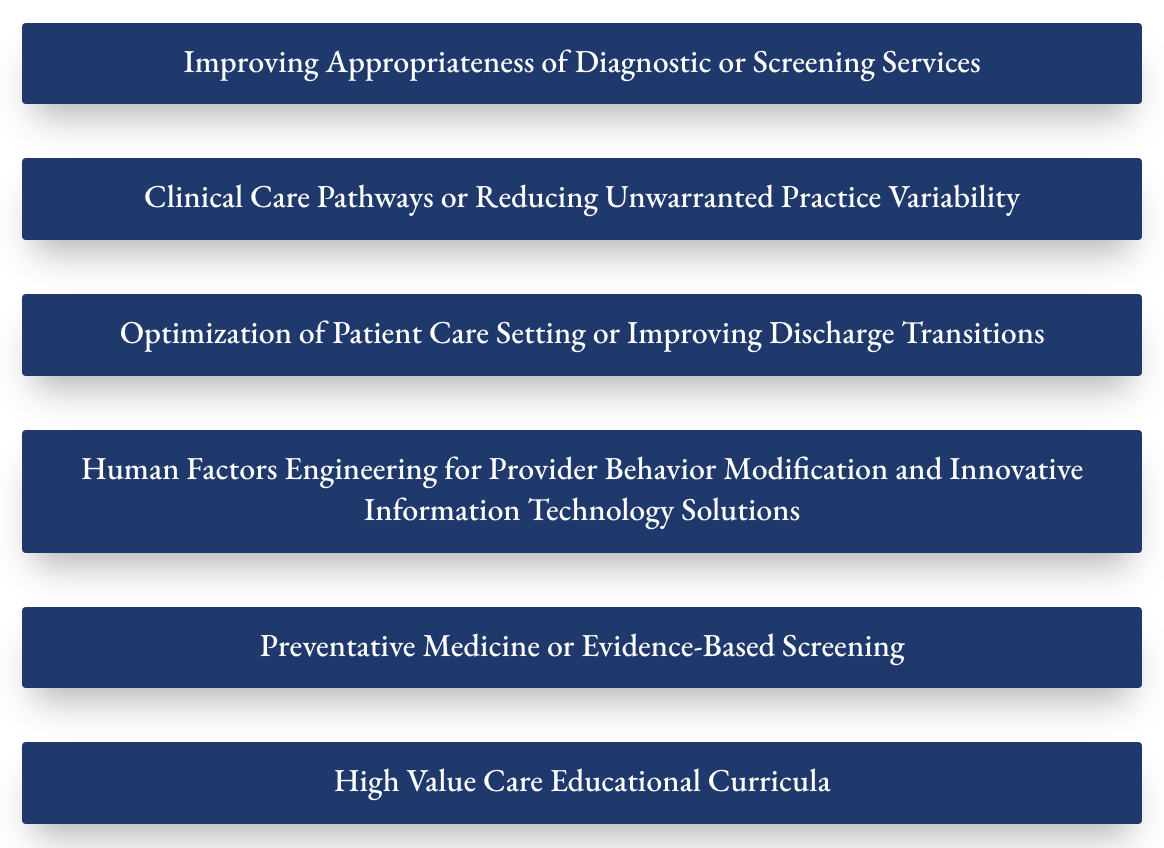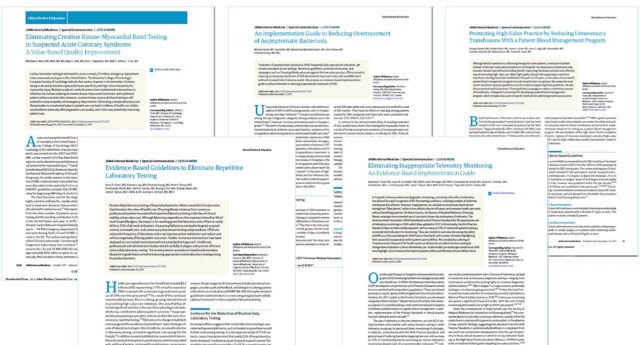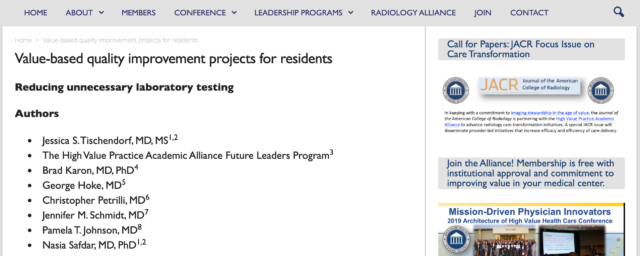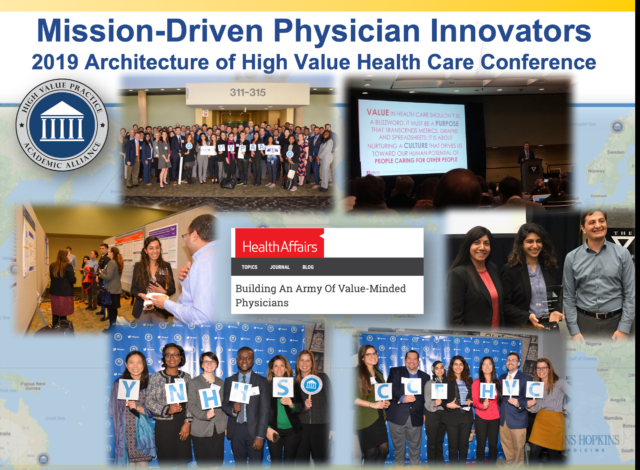From the 2018 HVPAA National Conference
Abdelaziz Mohamed (Wa)
Background
Inappropriate use of prophylactic Proton pump inhibitors (PPIs) has been implicated in many adverse events. Therefore, their prescription has been regulated in different hospitals.
Objectives
The aim of our Qi project is to reduce inappropriate prescription of SUP in general medical wards in DRH DMC from current rate (of 83.25) by 50% in five months period.
Methods
An Interprofessional team was formulated including clinical pharmacist and physicians.
Literature review was done and a flowchart along with process map of the current institution practice in SUP prescription established.
Brainstorming and fishbone analysis of the problem was charted. We concluded that systemic and personal factors contributed to the current high rate of inappropriate SUP prescription. Using the Pareto principle 80% of the effects come from 20% of the causes, and in our current problem it was evident that lack of knowledge is the main culprit evident by the resident awareness survey done before initiation of intervention.
We elected to start with first PDSA cycle with specific targets for change; Medical knowledge of providers Education was in the form of lecture in large IM residents gatherings such as quality symposium and morning report, flyers and pocket cards, Targeting attending physicians and residents located at the DMC\DRH medicine floor
Results
The initial resident survey conducted shows poor awareness about SUP indications and hospital guidelines. Among the 80 residents who took the survey half of the participants had no awareness about the used the DMC guidelines for SUP.
Retrospective chart review of all patients discharged from December 1st to December 31st from the academic medicine teams in DRH hospital, revealed an inappropriate SUP rate of 83.25%.
Post the 1st PDSA cycle and resident education the rate of inappropriate SUP surged to 92.50% from data gathered from retrospective chart review of all patients discharged from academic medicine service in DRH hospital between Feb 1st and Feb 14th
Conclusion
ur retrospective chart review demonstrated a high rate (83.25%) of inappropriate prescription of SUP, which agrees with a similar result in a study done by our colleges in pharmacy in 2014. This lack of knowledge and awareness about SUP guidelines was demonstrated with our survey that showed that 50% of internal medicine residents did not know about the DMC guidelines for SUP. After our 1st PDSA cycle, which entailed on educating residents about the DMC guidelines, for 1 month, our chart review concluded that there was a paradoxical increase in the inappropriate rate of 10% from the baseline that was established. This increase could be explained by several factors, the most important to consider is that our education was aimed at a cohort of residents who where active during the month of January and the data collected in early February was assessing residents who did not receive enough education. As this QI project continues we have learned that we need 5 cycles to encompass all residents and that data should be collected at the end of the month for each cohort, rather than random dates.
Education as a sole method to achieve the set target is not sufficient, therefore a system based intervention, such as clinical pharmacist checkpoint and system warning similar to DVT prophylaxis, should be implemented. Going forward with the project, clinical pharmacist checkpoint will be the 2nd PDSA cycle
Implications for the Patient
Imprving const to patients, and reducing inappropriate use





